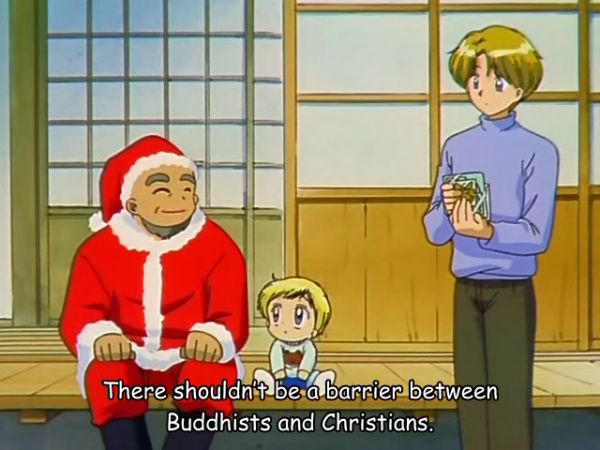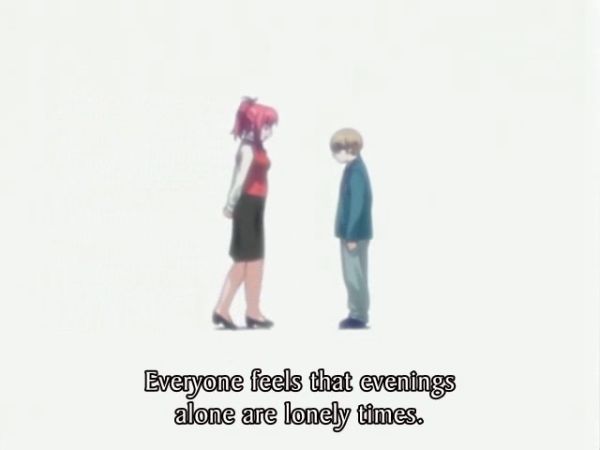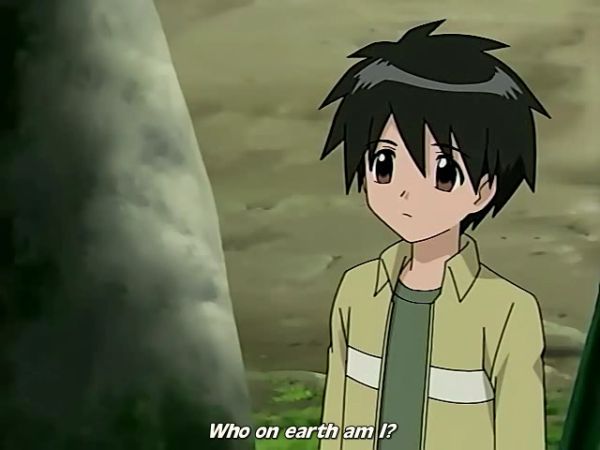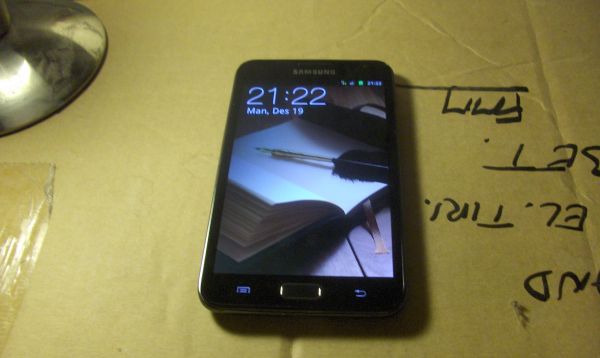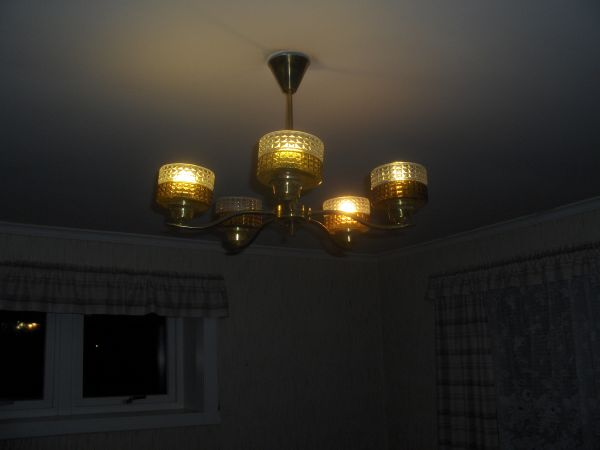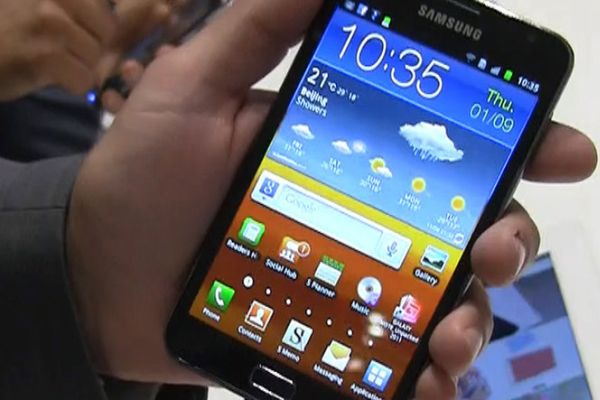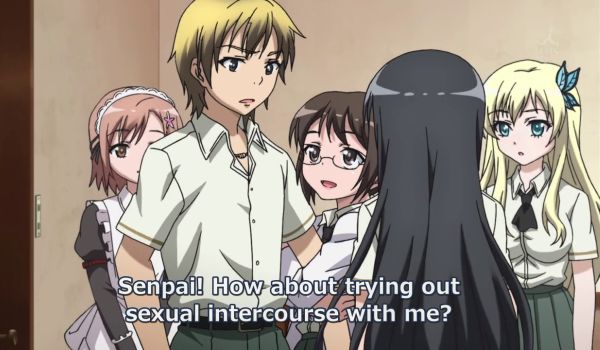
In our inner life, concupiscence is the part that is always eager to try out some expected pleasure, common sense be damned. If our will agrees, sin is conceived, meaning “mistake”, “error”, “missing the goal”. When the sin is mature, it causes death – the removal of our link to eternity, so that our physical death becomes an end to the meaning of our life. Apart from the actual vocabulary, I think any serious religion or spiritual philosophy will recognize this. Not all have a word for it though.
I learned a new word! That’s not often. Actually, I had a kind of vague idea of what it meant and would not have fundamentally misunderstood the text; I have a talent for that, absorbing words from context. But in this case it was pretty specialized: “Concupiscence.” I am mildly surprised that my spell checker recognizes it, even.
The only places I have seen this word, that I can remember, is in Catholic theology (or psychology, I guess, since it is about the human soul; God has none of it). Concupiscence is our natural tendency to want the wrong things. The word is indeed related to “cupid” and sexual lust is one of the typical ways this manifests, but it is not so limited. The tendency to seek pleasure in this world in any form outside of God’s will falls under concupiscence. Â So it is pretty nearly a description of my whole life up until now. 0_O
In the Christian Church at Brunstad, we called this “the sin in the flesh”. Unlike Protestants, we believed that it is not a sin that condemns, until we give in to it. Rather it is a tendency to sin, and because of this it is really hard to live a pure life. But some people become free from it, bit by bit, eventually. Not many, it seems, but some.
Strangely, it seems the Catholic view is more similar to ours (for I still hold this belief, though without the specific vocabulary, which is too saturated for modern man. Mention “sin” and an elaborate defense mechanism is triggered, ending any rational discourse; so I rarely use the word when explaining how we humans keep hurting ourselves. Like it or hate it, language changes over time. In Norway today, “sin” means “sex”, more or less, and I hear this is getting common in America as well.)
Speaking of which, a quote from the Catholic Encyclopedia: “Hence desires contrary to the real good and order of reason may, and often do, rise in it, previous to the attention of the mind, and once risen, dispose the bodily organs to the pursuit and solicit the will to consent, while they more or less hinder reason from considering their lawfulness or unlawfulness. This is concupiscence in its strict and specific sense.” Bodily organs to the pursuit! Oh, the stories one could tell.
***
The word became a lot easier to remember once I realized the “cupid” part. It reminded me of the American matching site OKCupid, of which I have been a member since before City of Heroes came out. I know this, because the reason I joined them was a City of Heroes quiz an online friend linked to, and it was based on the Alpha build of CoH. It was already changed when I took part in the closed beta, so it must have been around 8 years ago.
Anyway, that was how I came to OKCupid, and I am not sure it even was called that at the time. It started – as far as I knew, at least – as a collection of quizzes of all kinds. The idea was that people who had similar results on the quizzes would be interested in getting to know each other, I think. It has developed into a full-fledge dating site, including a mobile app that finds users near you (if they consent to being found). But it is still full of quizzes and questionnaires, so you can hang out there without outing yourself as a desperate loser. “I am just here for the quizzes.” Â Actually, that’s more or less what I write in my bio. I certainly don’t need a puny human or its shallow interests. ^_^
But even so, I have plenty of concupiscence of various kinds. It is just that it doesn’t really lend itself well to dating sites. Computer games, on the other hand… I am still occasionally looking for that Fluffy Tails mod for Skyrim. They had one for the previous game, after all. No matter what your concupiscence, the Internet will deliver!


